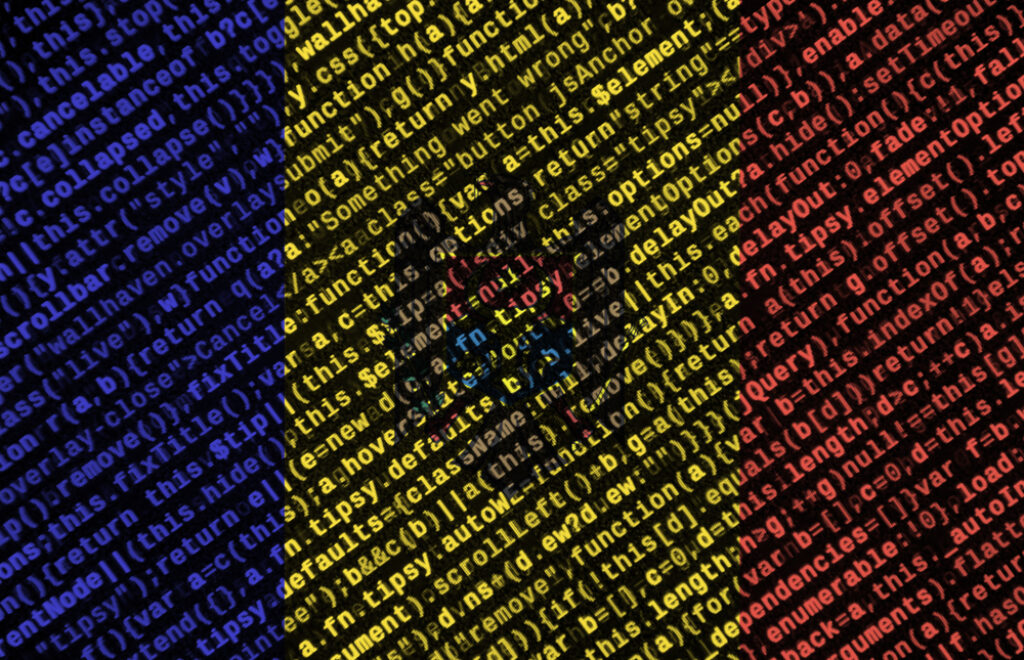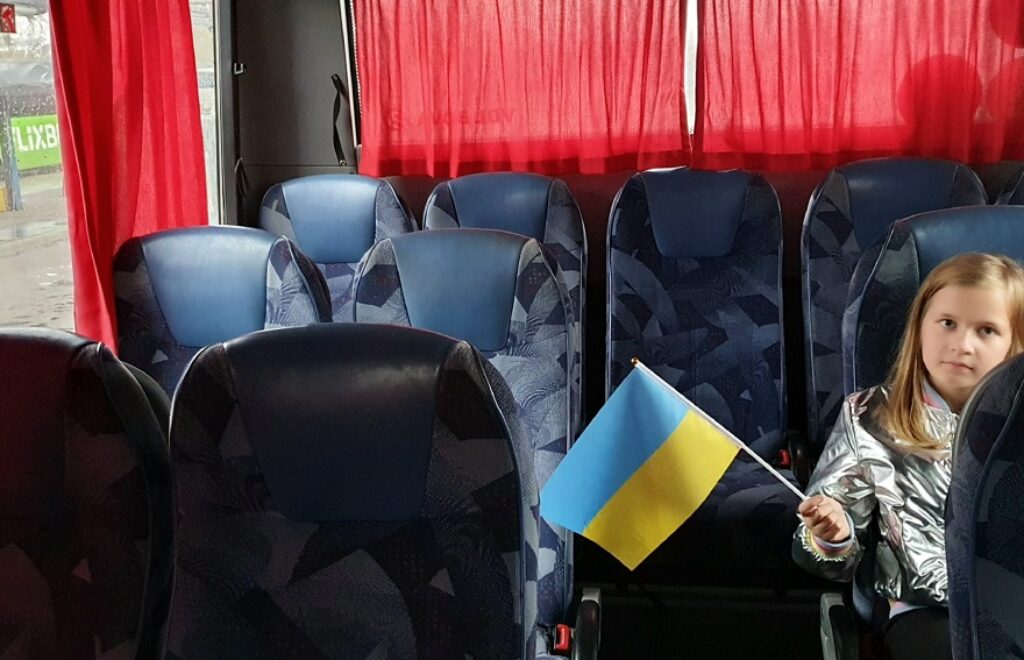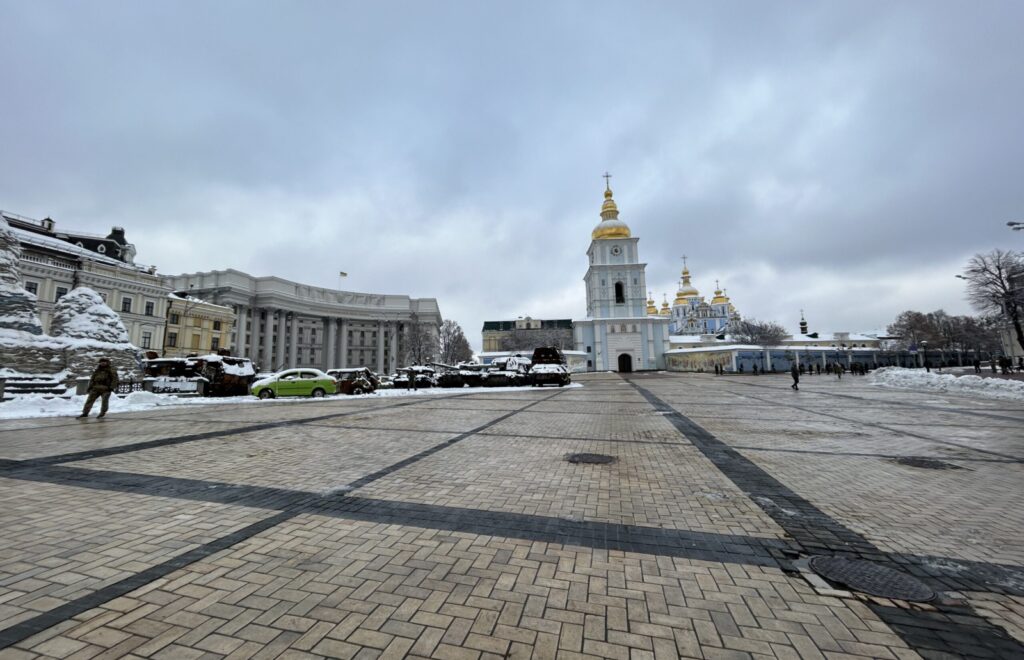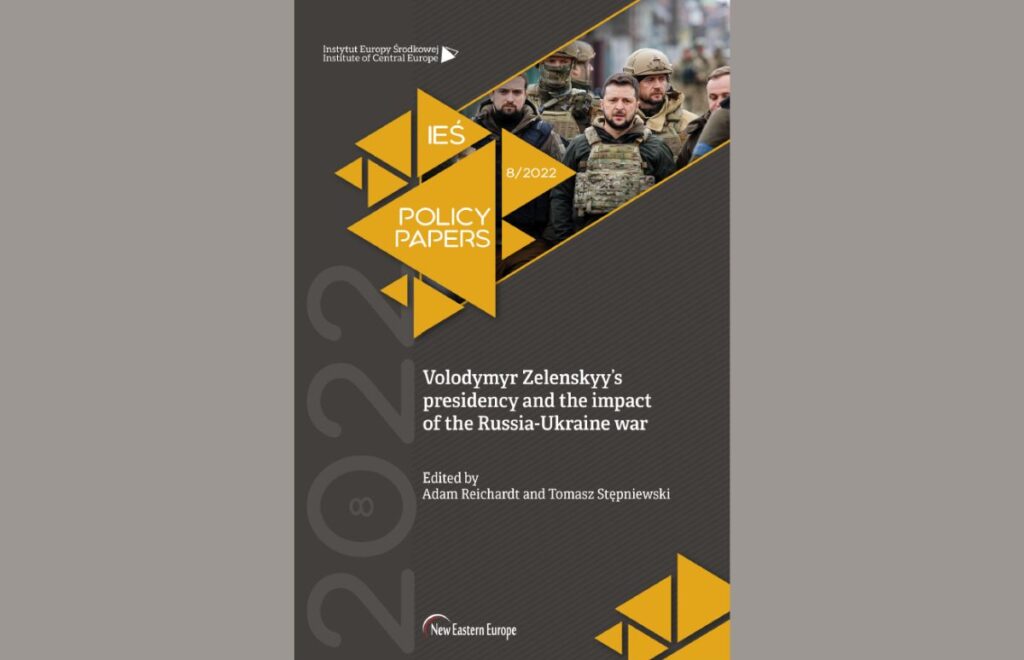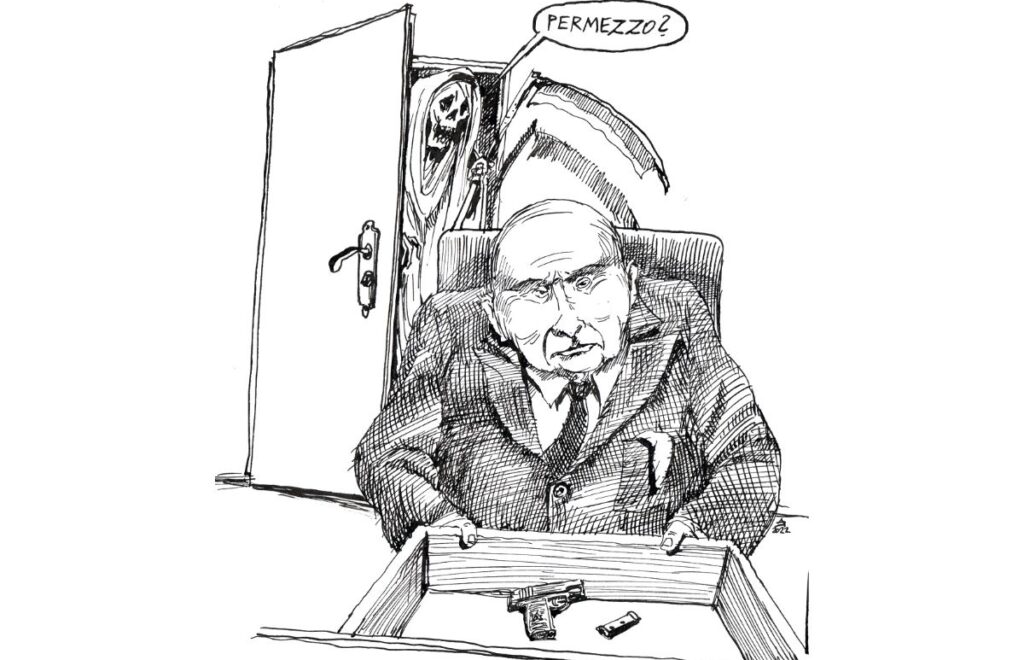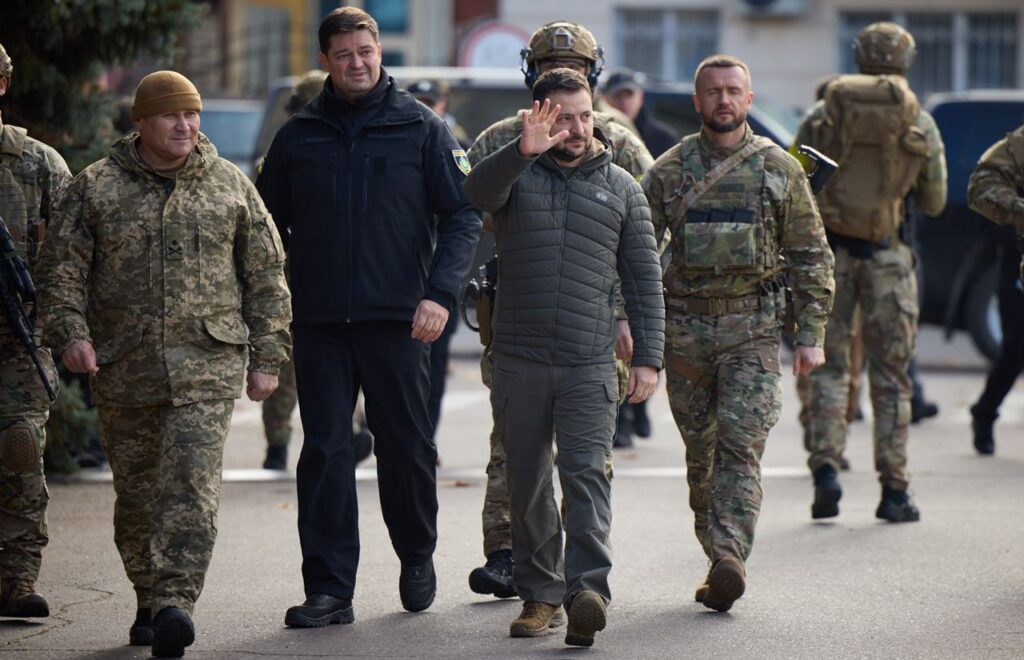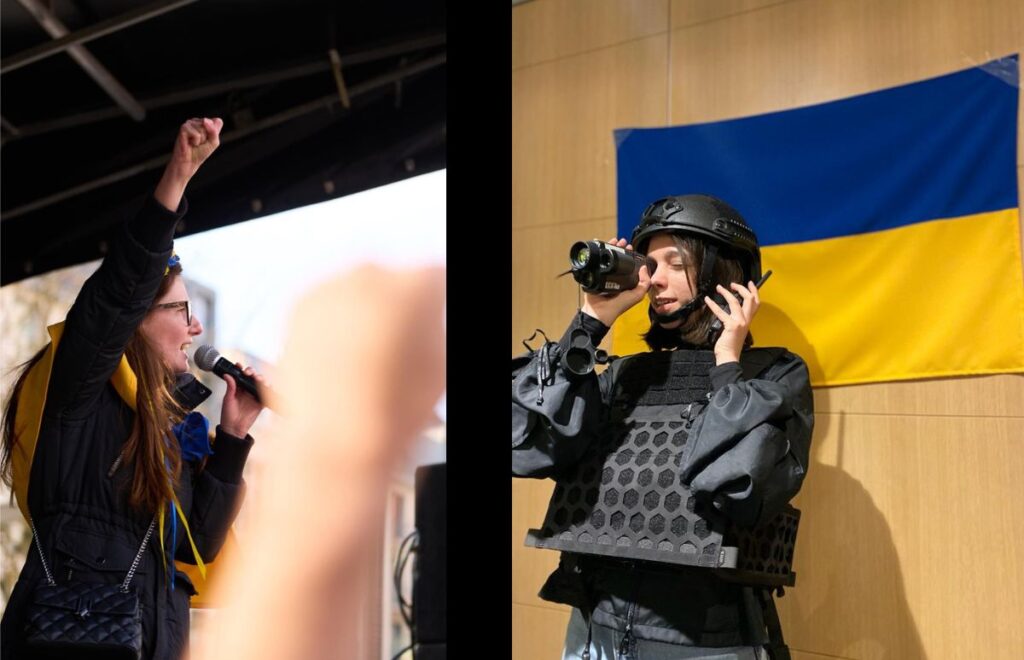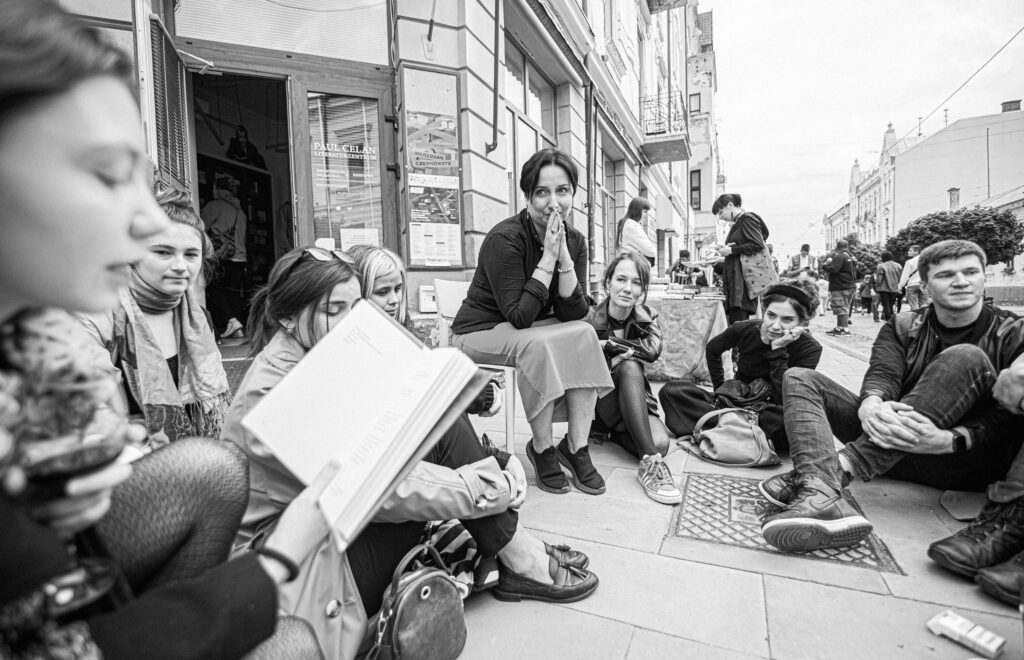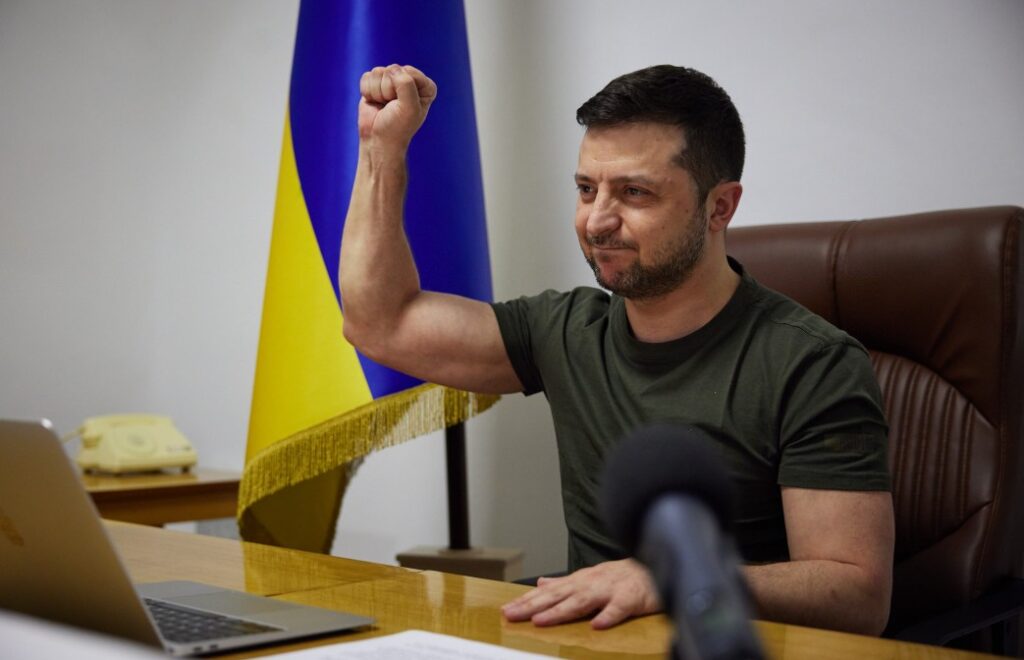Moldova is being forced to adapt to hybrid warfare
The date of February 24th 2022 completely changed the life of the whole world, and definitely changed Moldova. Russia’s invasion of Ukraine is spreading to this neighbouring country, even though direct attacks are not yet happening. The war in Ukraine has affected all processes in Moldova, especially in the economic sphere, and includes: increased inflation, disruption of all supply chains, the energy crisis, disinformation, propaganda, instability in society and above all, challenges to cybersecurity.
February 15, 2023 - Marina Bzovîi


